
The Section 202 Supportive Housing for the Elderly Program is one of the few federal programs that provide affordable housing with supportive services for very low-income seniors. Run by the Department of Housing and Urban Development (HUD), this program helps seniors live independently while having access to essential services like meal programs, transportation, and personal care assistance.
If you or a loved one is struggling to afford housing in retirement, Section 202 housing could be an option, but the program is competitive, and recent funding changes could impact availability. Here's everything you need to know about how it works, who qualifies, and what changes are coming in 2025.
How Section 202 Works
The Section 202 program funds nonprofit organizations to build and maintain affordable housing specifically for seniors. HUD provides funding in two ways:
-
Capital Advances - Interest-free loans that nonprofits use to build or renovate senior housing. As long as the property remains available for low-income seniors for at least 40 years, the loan never needs to be repaid.
-
Project Rental Assistance Contracts (PRACs) - These contracts cover the gap between operating costs and what tenants can afford to pay in rent. PRAC funding ensures that seniors never pay more than 30% of their income toward rent.
Without this federal support, many seniors would be unable to afford safe housing, especially as rents rise nationwide.
Who Qualifies for Section 202 Housing?
To live in a Section 202 apartment, you must meet two main eligibility requirements:
-
Age - At least one person in the household must be 62 or older at the time of move-in.
-
Income - Household income must be at or below 50% of the Area Median Income (AMI) for your location. This limit varies by city but generally means earning less than $35,000 per year for a single-person household.
Because demand is high and funding is limited, getting into a Section 202 building can take years. Many properties have long waitlists, and new funding for senior housing has been limited in recent years.
What Services Do Section 202 Properties Offer?
Unlike regular low-income apartments, Section 202 properties provide supportive services designed to help seniors live independently. Services vary by property but can include:
-
Meal programs or help with grocery shopping
-
Transportation assistance for doctor's appointments or errands
-
Housekeeping and personal care for those who need extra help
-
Service coordinators who connect residents with health care, social services, and other resources
These services make Section 202 housing a good option for seniors who don't need full-time nursing care but still need some daily support.
How to Apply for Section 202 Housing
Getting into a Section 202 property requires applying directly with the property manager of an available building. Here's how the process works:
-
Find a Section 202 property near you - Check HUD's Multifamily Housing Search Tool or contact your local public housing authority (PHA) for a list of properties.
-
Submit an application - Applications usually require proof of age, income, and residency status. Some properties may have specific criteria for residents.
-
Join the waitlist - Because demand is high, many properties have years-long waitlists. Be prepared to wait, but check in regularly in case of availability.
Some Section 202 properties prioritize applicants with urgent housing needs, such as those who are homeless or at risk of eviction.
Need help with housing while waiting? Read: Homelessness Rises by 18%---What You Need to Know.
Recent Changes and Funding Updates
The future of Section 202 housing is uncertain, with some funding increases but no new money for expanding housing availability.
January 2025 HUD Funding Announcement
HUD recently announced $137 million in grants for senior housing, split into two major programs:
-
$97 million for PRAC contracts, helping cover rent for 818 new low-income senior apartments. Some of this funding will support intergenerational housing, where seniors raising grandchildren can receive housing assistance.
-
$40 million for Service Coordinators, ensuring seniors in 107 affordable housing buildings have access to services that help them live independently.
Proposed HUD Budget Cuts in 2025
Congress is currently debating an overall cut to HUD's budget. However, Section 202 is set to receive a small funding increase. But there's a catch:
-
The increase only covers rising costs, it won't fund new housing projects.
-
No new funding for additional service coordinators, meaning some seniors may lose access to supportive services.
This means getting a spot in a Section 202 building may remain difficult, and existing properties could struggle to maintain services.
Looking for other housing options? Check out: Use Section 8 to Buy a Home---Here's How.
Why This Matters for Seniors
Seniors are one of the fastest-growing groups at risk of homelessness. Rising rents, fixed incomes, and a lack of affordable senior housing mean more older adults are struggling to find safe places to live.
-
Incomes aren't keeping up with housing costs -- The average Section 202 resident earns less than $10,000 per year, making market-rate rents impossible to afford.
-
More seniors are living alone -- Many Section 202 residents are elderly women living alone, meaning they have no additional household income to cover rent increases.
-
Federal funding hasn't kept up with demand -- While some new projects are being funded, the waitlist for affordable senior housing remains long.
If you're a senior looking for low-cost housing, or you have a family member who needs assistance, now is the time to start researching options and applying to waitlists.
Final Thoughts
The Section 202 program remains one of the only federally funded options for very low-income seniors in need of affordable housing. While recent funding will support some new apartments and service coordinators, there is no new funding to expand availability, making it harder for seniors to secure housing.
If you or someone you know is struggling to find housing, it's important to act early, explore all options, and stay informed about policy changes.
Want more updates on affordable housing? Bookmark Section8Search.org for the latest news.
Navigating the Section 8 housing process can feel overwhelming, and that's where Section 8 Search comes in. We're more than just a listing website; we're a dedicated resource designed to make finding housing under the Housing Choice Voucher Program straightforward and stress-free. Our platform offers user-friendly tools to explore listings and waiting list statuses nationwide, all built on official HUD data. We're also passionate about providing clear, helpful information and guidance, empowering you with the knowledge you need to understand eligibility, complete your application, and confidently navigate your housing journey.


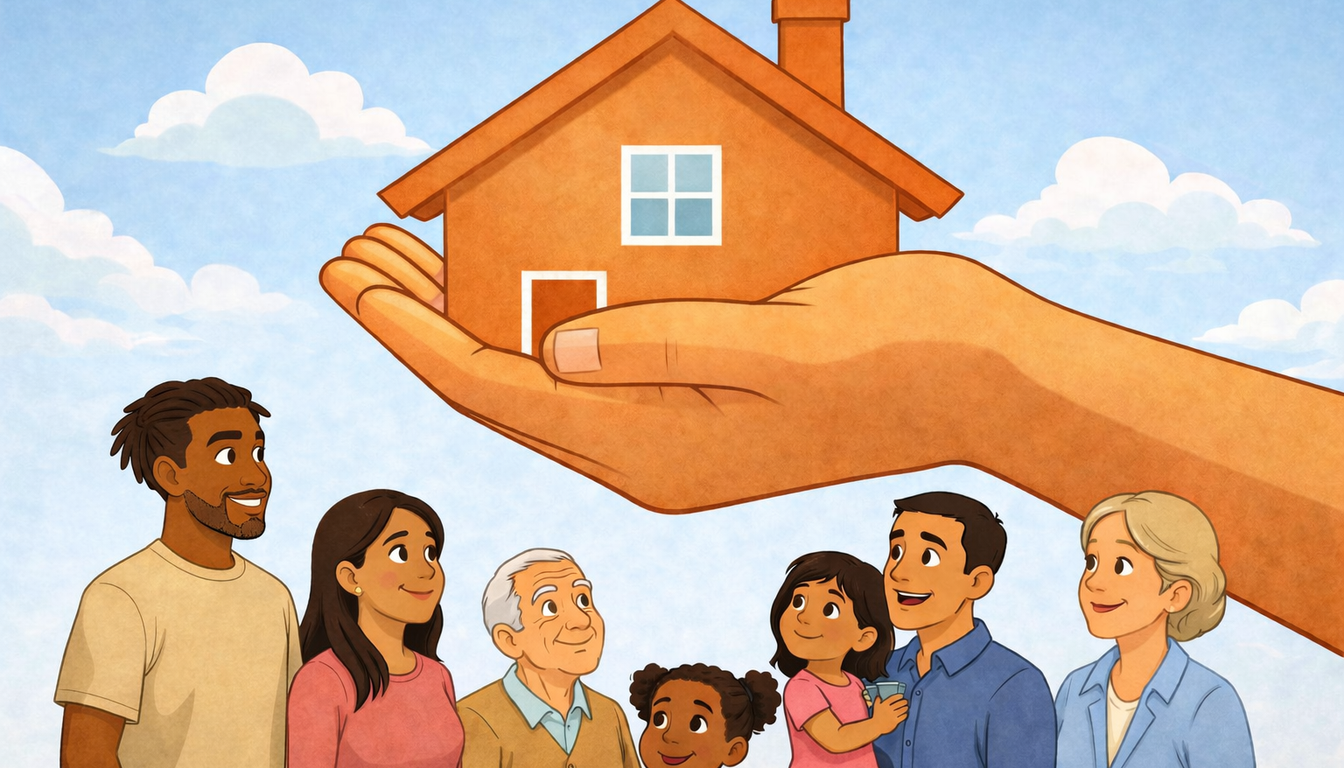
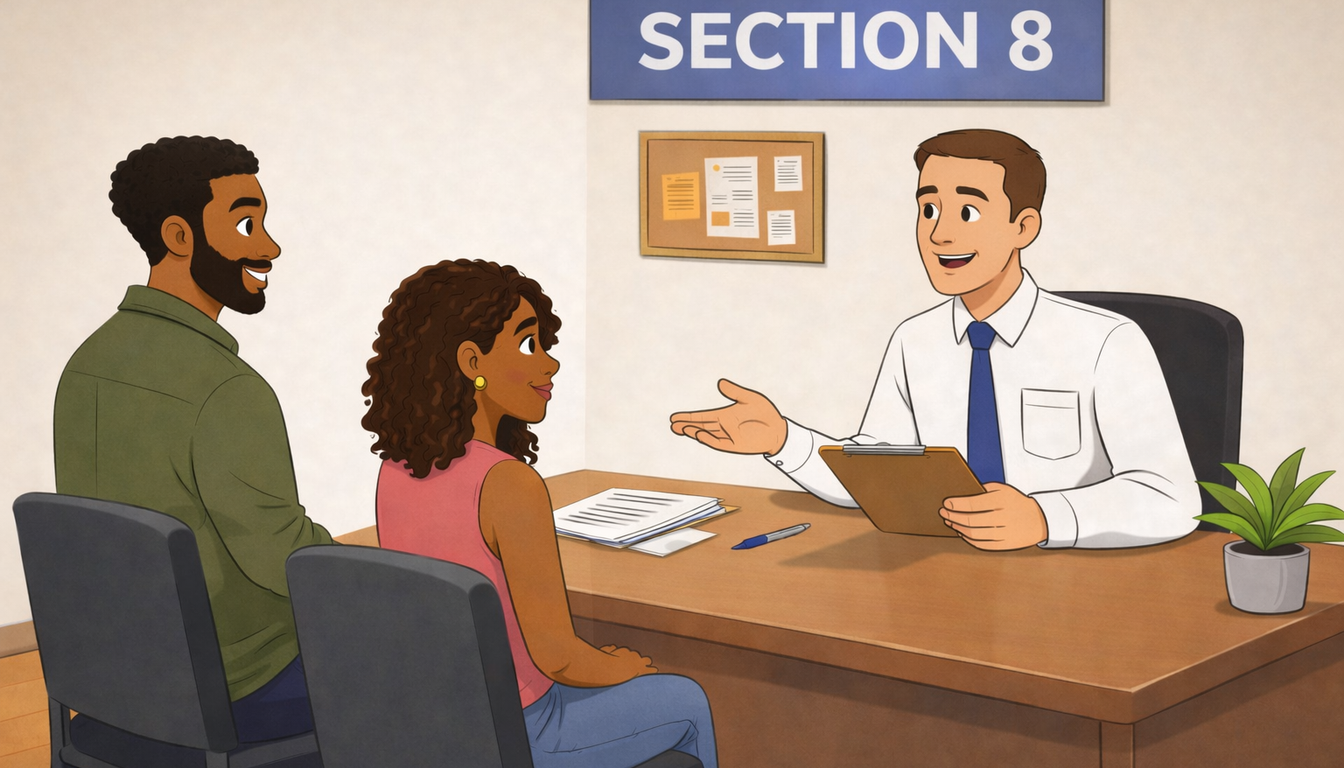
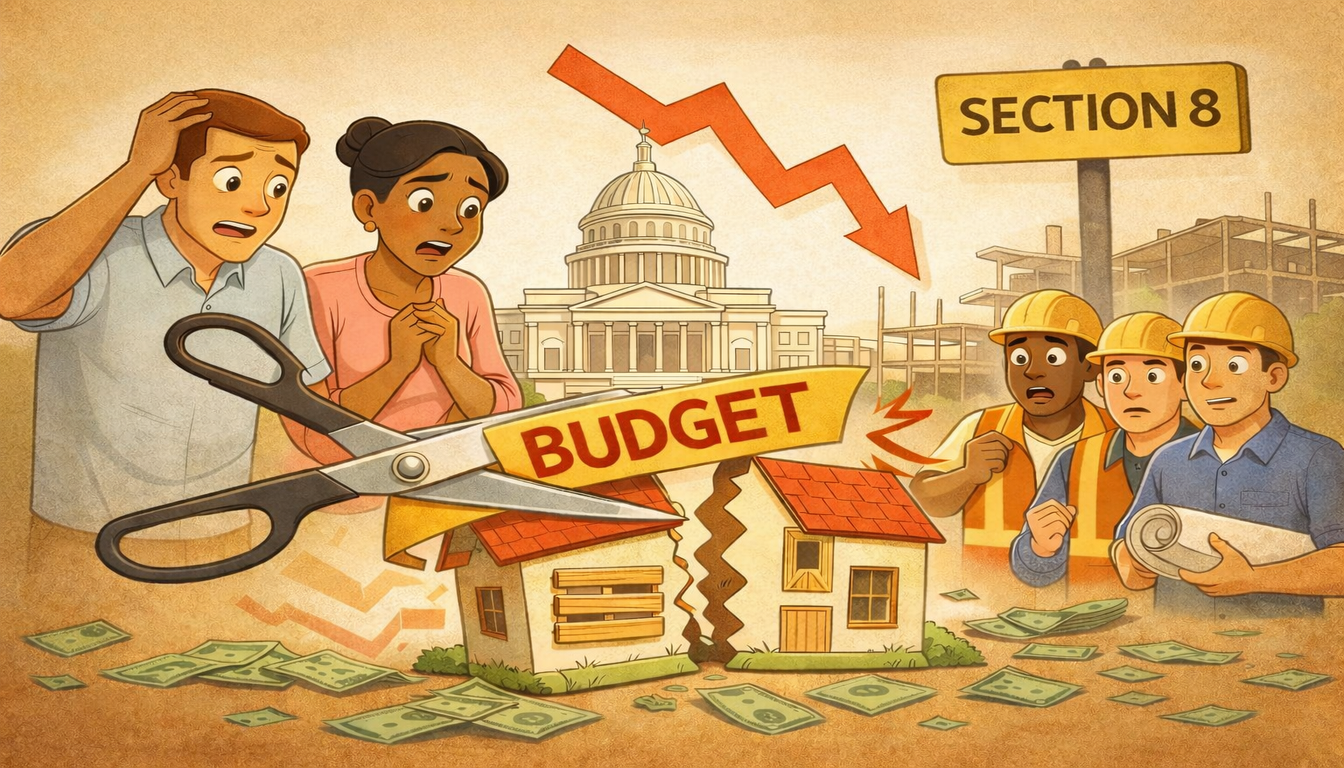
.png)
.png)
.jpg)
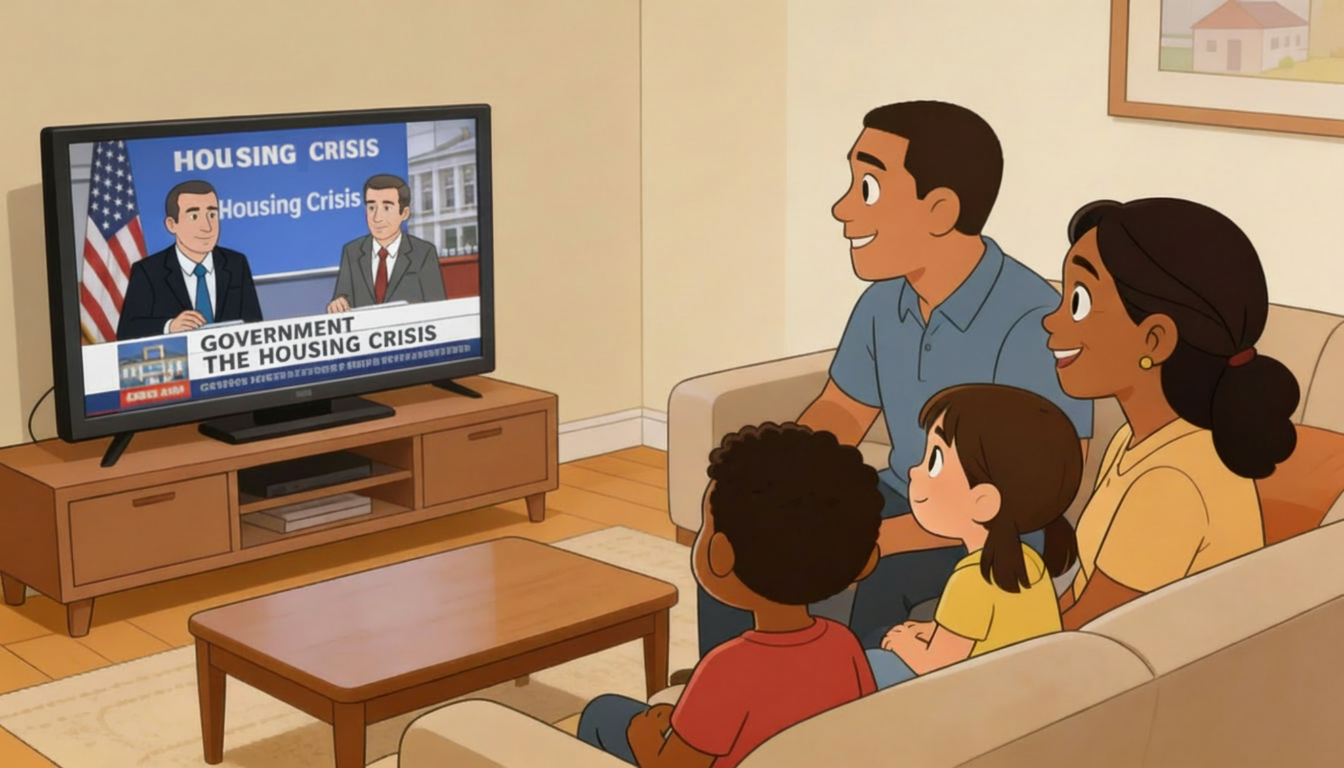


.png)
.png)
.png)

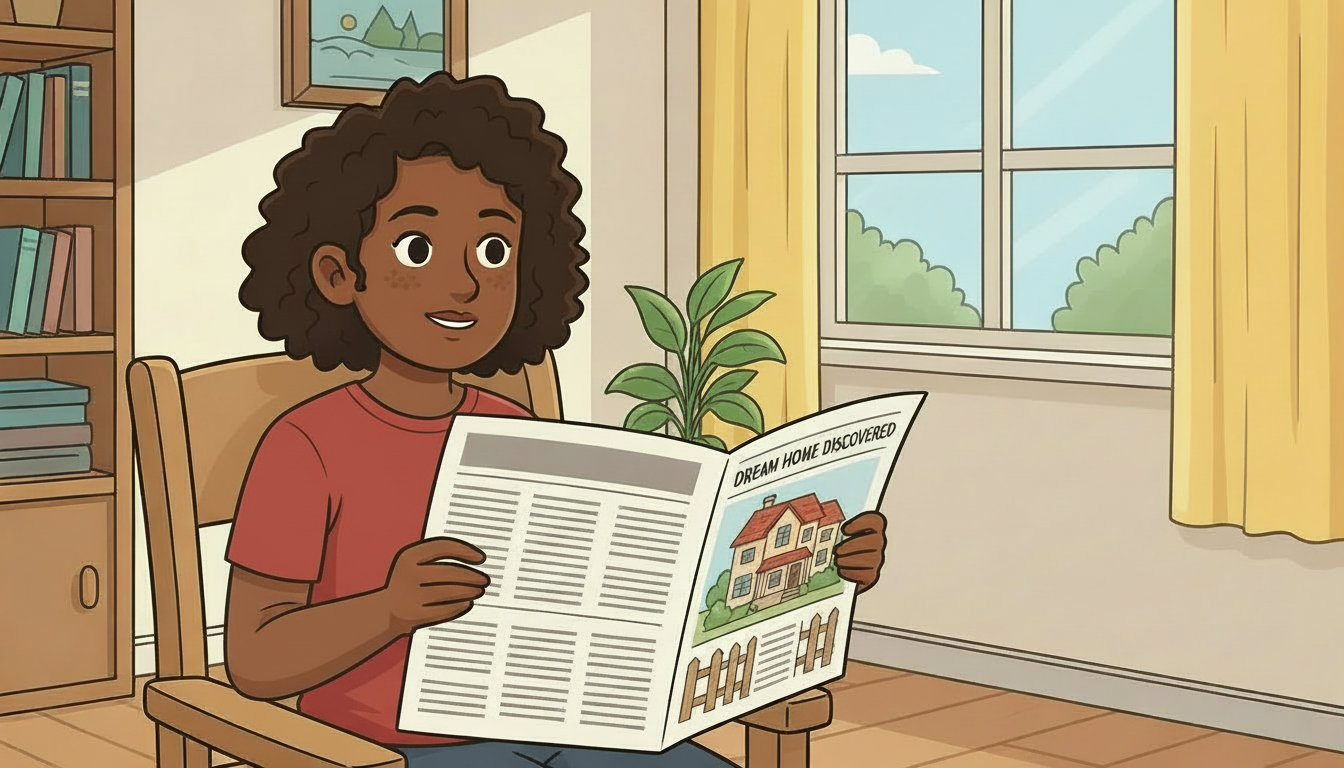
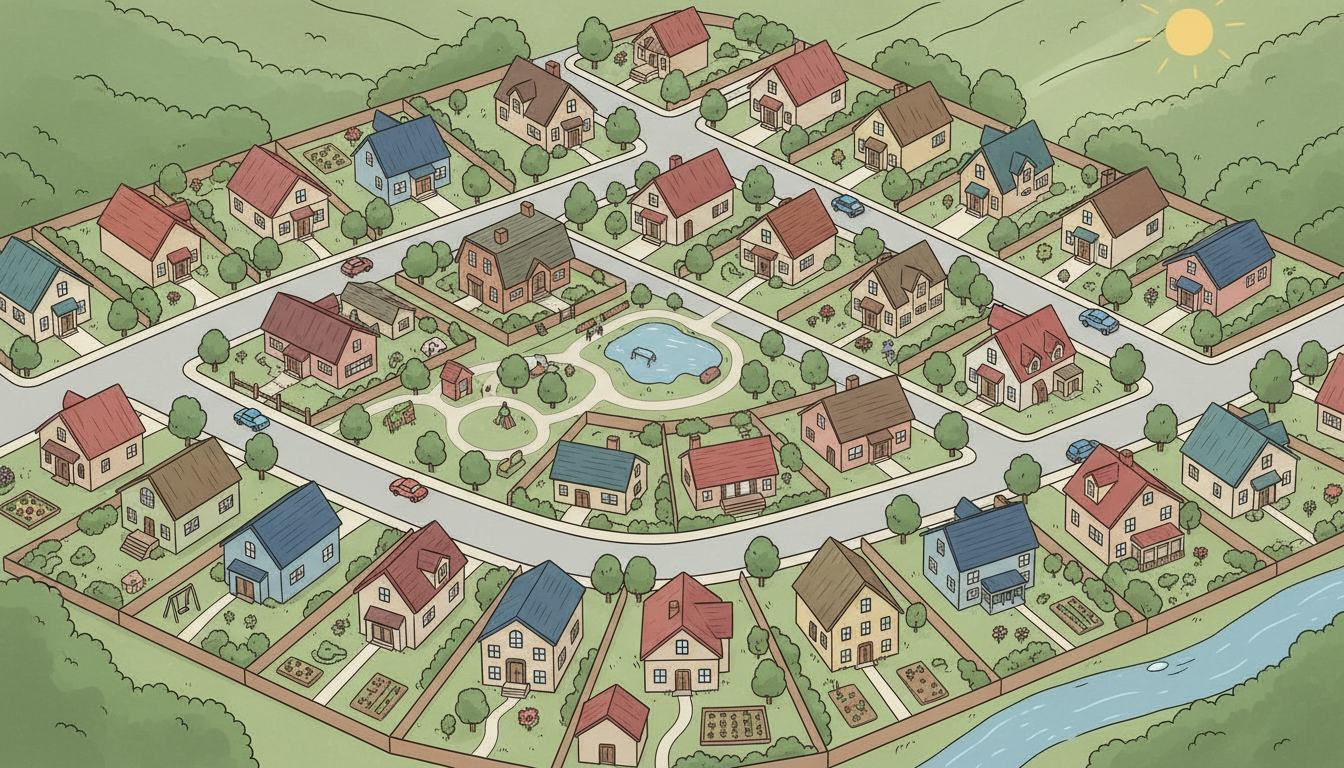
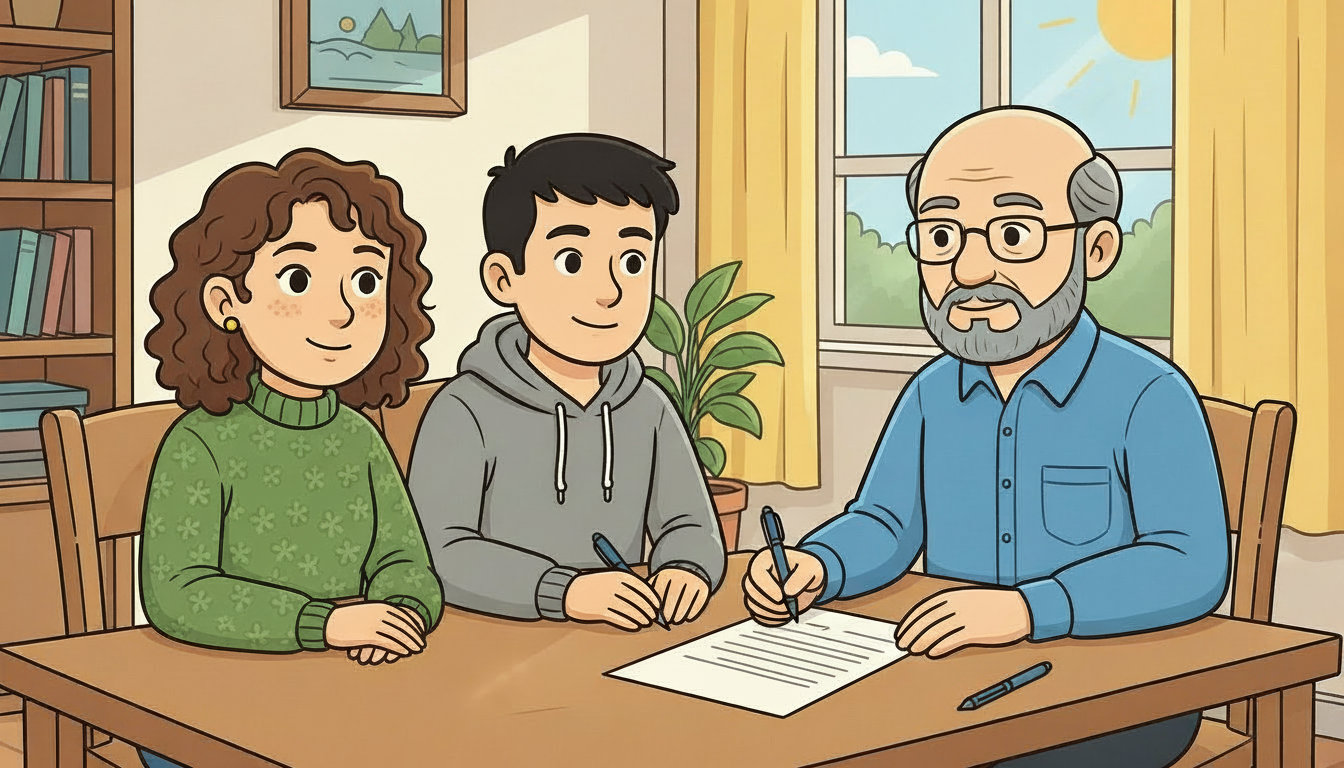

.png)
.png)